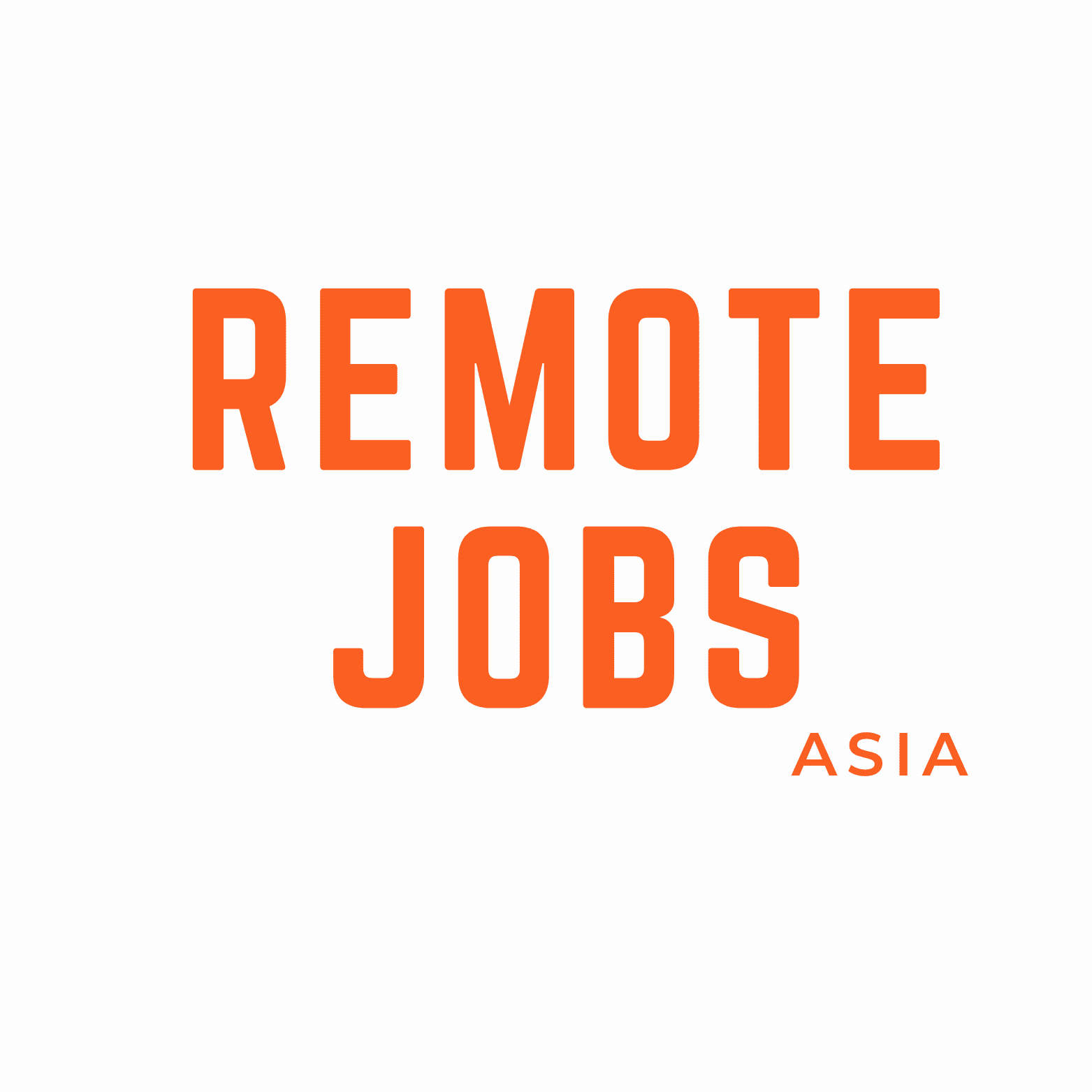As a recruiter, I meet many Singapore firms who are interested in hiring remote, work-from-home workers.
Prospective Singapore employers tell me that they are interested in the concept of hiring remote workers. They are aware that salaries are much lower in the rest of Asia, and there is a large pool of skilled talent available. It is also becoming more difficult to bring in foreign employees – whether in tech or sales or even finance managers - with the higher employment pass thresholds in Singapore.
Employees are also attracted to the opportunity to work remotely from home.
Why then, do many Singapore employers hesitate to take the step of hiring remote or work-from-home workers? They tell me their concerns include:
“Can I trust them if they are seated somewhere else?”
“How can I make sure they are actually working?”
“How do I assess and manage them?” Don’t I need supervisors on the ground?”
“Do they understand the cultural context in Singapore?”
“What about legal and employment law issues”
Here are some tips from my experience as a recruiter:
Put in place an objective, rigorous assessment process
By all means do the traditional HR interview (by video!) to understand the person’s fit and motivations. Beyond that, put in place an objective and rigorous skills assessment. For example, for programmers, this can be a coding test. For finance, this could be a test of understanding of financial concepts. It could even be something as basic as assessing the ability to write clearly in English (Speak to us at Remote Jobs Asia to understand how we can help with skills assessments!)
Hire more experienced employees who have the maturity to work independently without close supervision
Consider hiring more senior professionals who have demonstrated a track record of working independently. I find that it is well worth the investment to pay for a more experienced professional. For example, a Malaysian mid seniority financial manager would cost about RM10,000 a month (S$2,500), but a senior person with experience as a Financial Controller of a mid-to-large sized company could cost perhaps RM18,000 month (S$5,000) – this is still substantially cheaper than a person of equivalent experience in Singapore.
Put in place clear KPIs, and incentivise based on achievement of milestones; create self-motivating systems
“How can I assess and manage a remote employee?” “What if the person is not working?” I tell prospective employers to first , put in place clear KPIs with clear deliverables. This is good practice, whether or not the employee is remote! Next, think about how you can incentivise based on achieving clear milestones. For example, one company I know pays their remote sales team a fee for every new customer acquired. This creates “self-motivating systems” where the team has the right incentives to work hard and drive for results.
How do I manage legal, employment contract issues?
Local employment laws are complex. Consider engaging remote workers as independent contractors or contract for service. You do need to make sure that the work is in fact of the nature of an independent contractor. This includes factors such as the remote worker using his own resources (e.g. laptop), having the ability to decide own working hours, etc. Please do consult your legal advisors if you need more help on this topic.
I hope this article helped you! Feel free to contact us at Remote Jobs Asia for help with your remote hiring needs.
